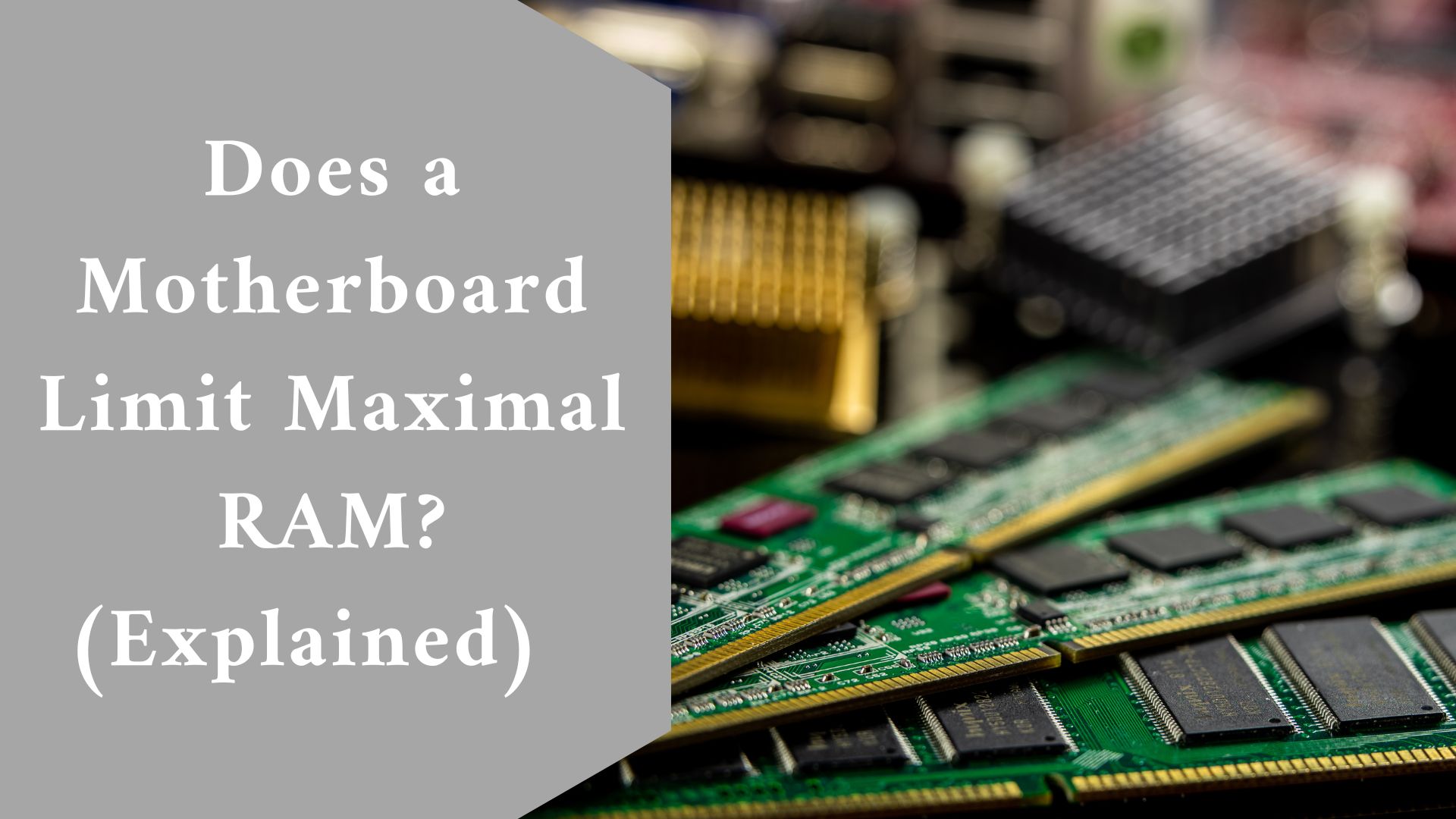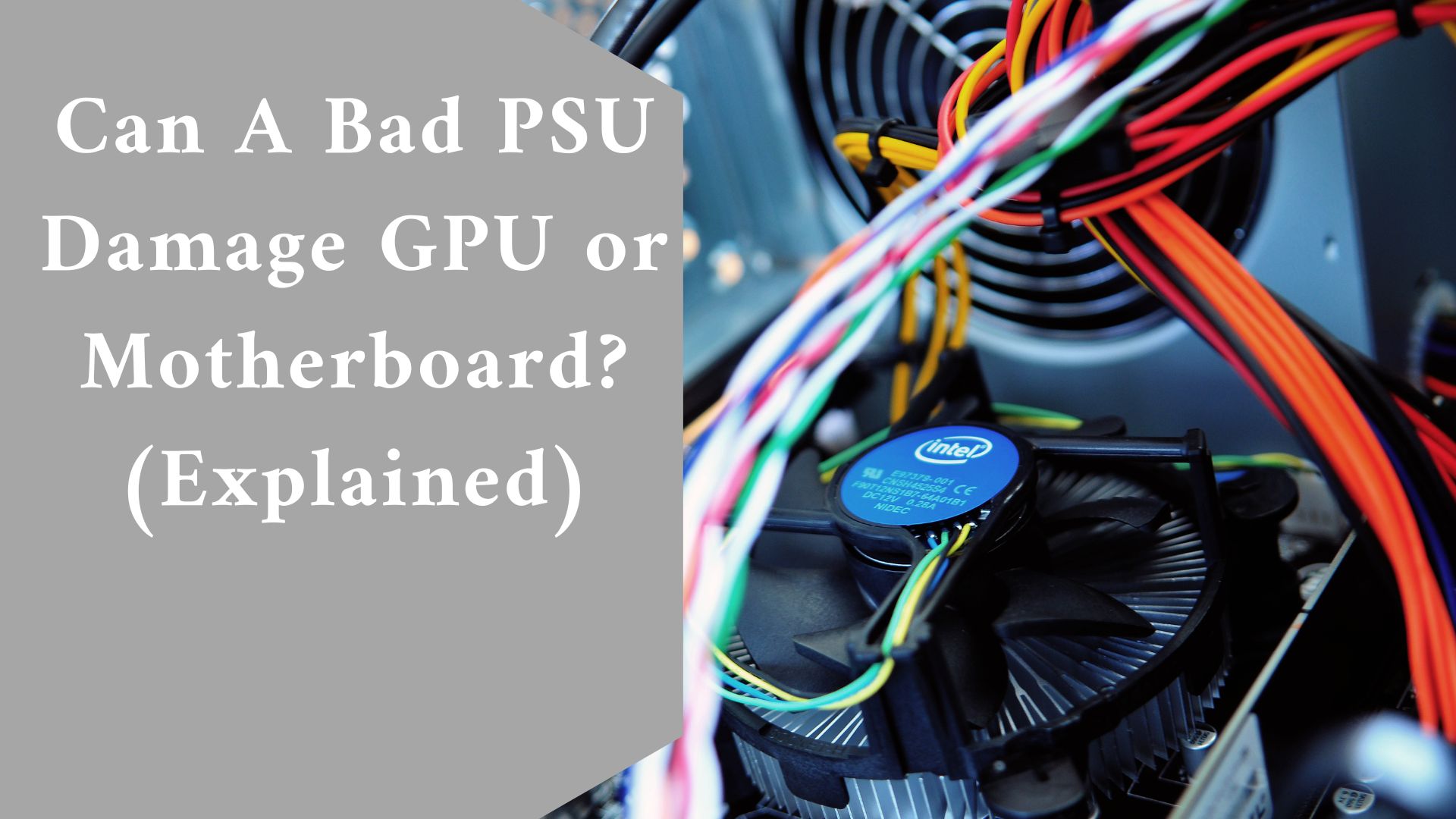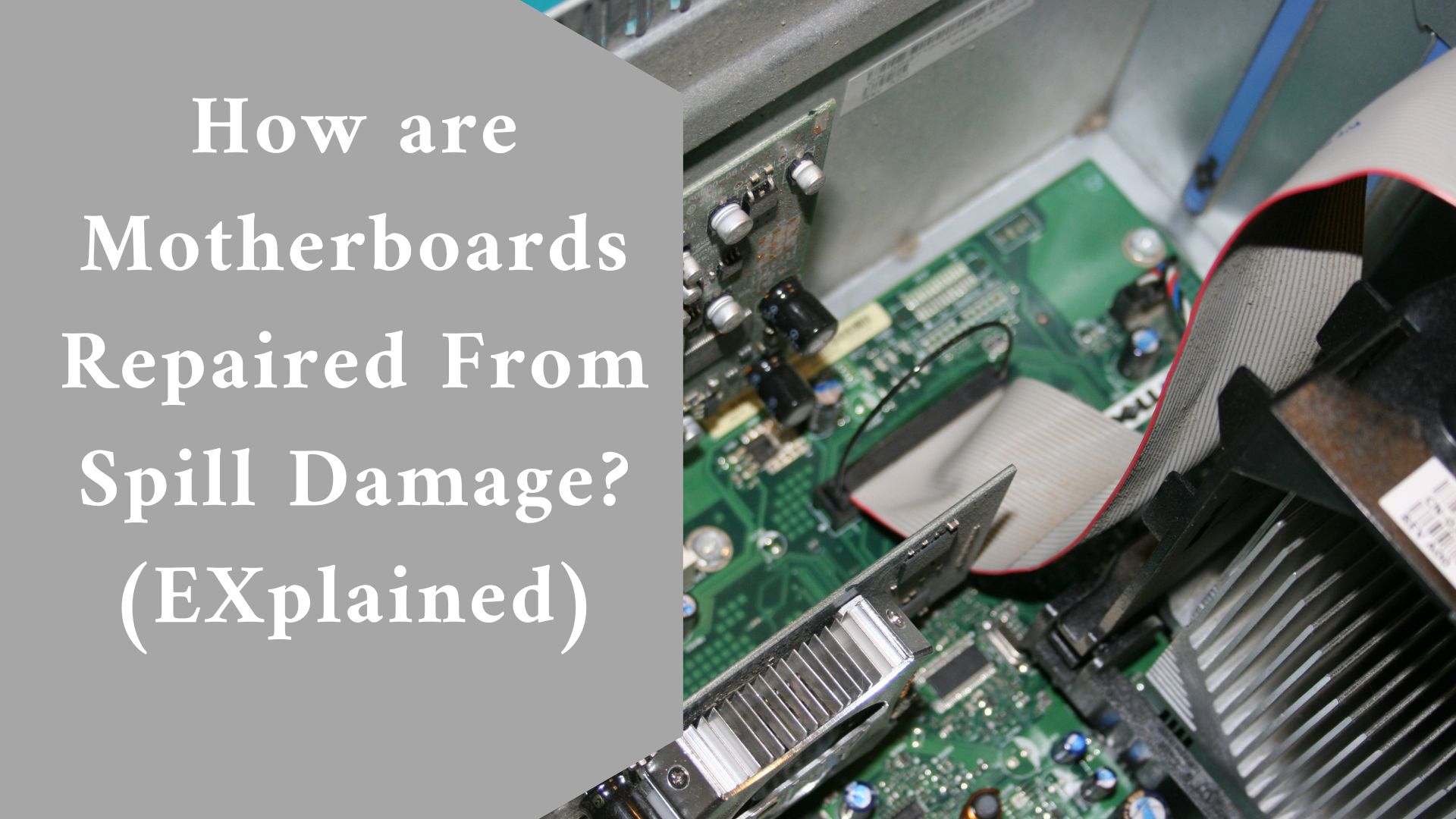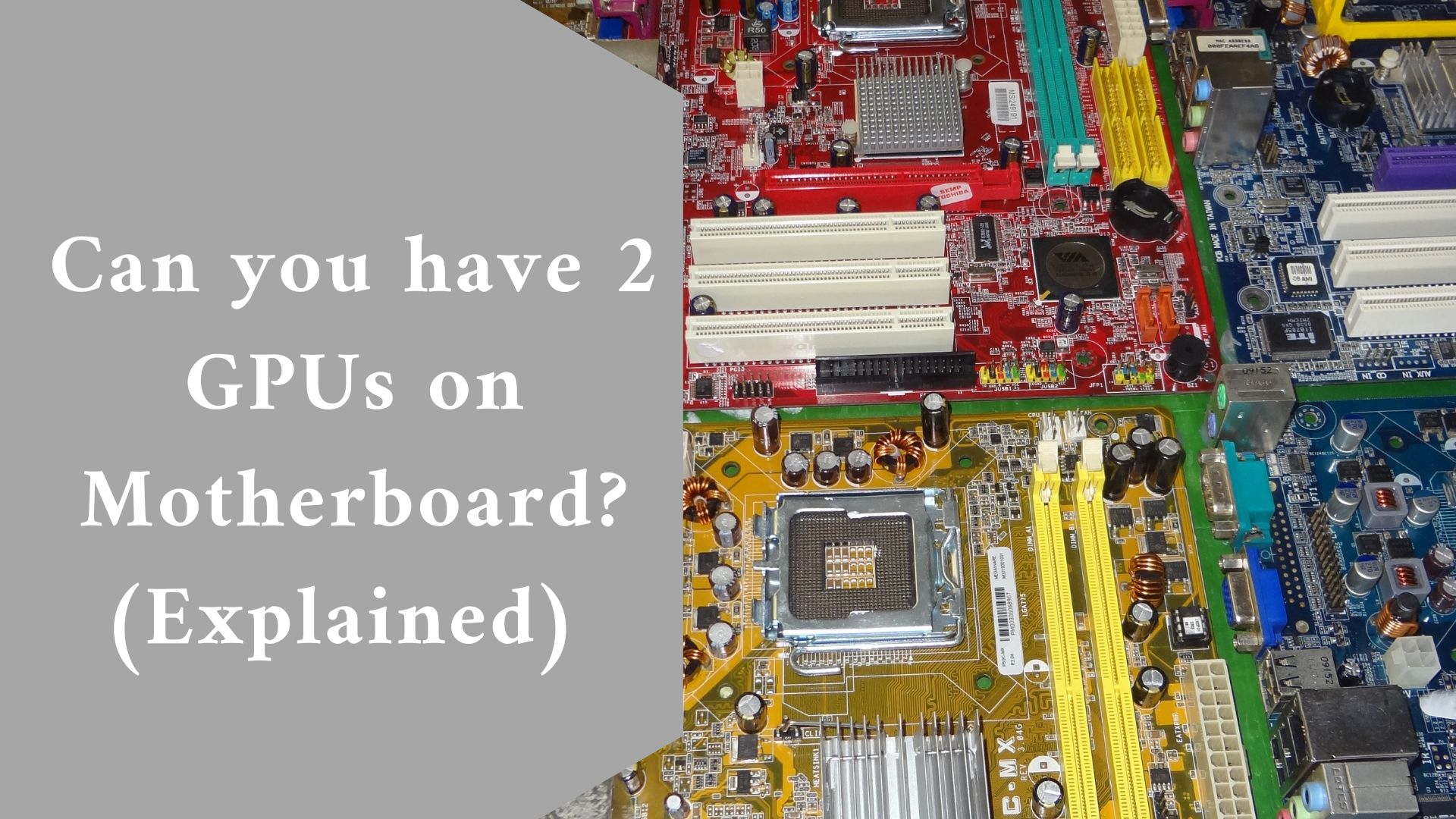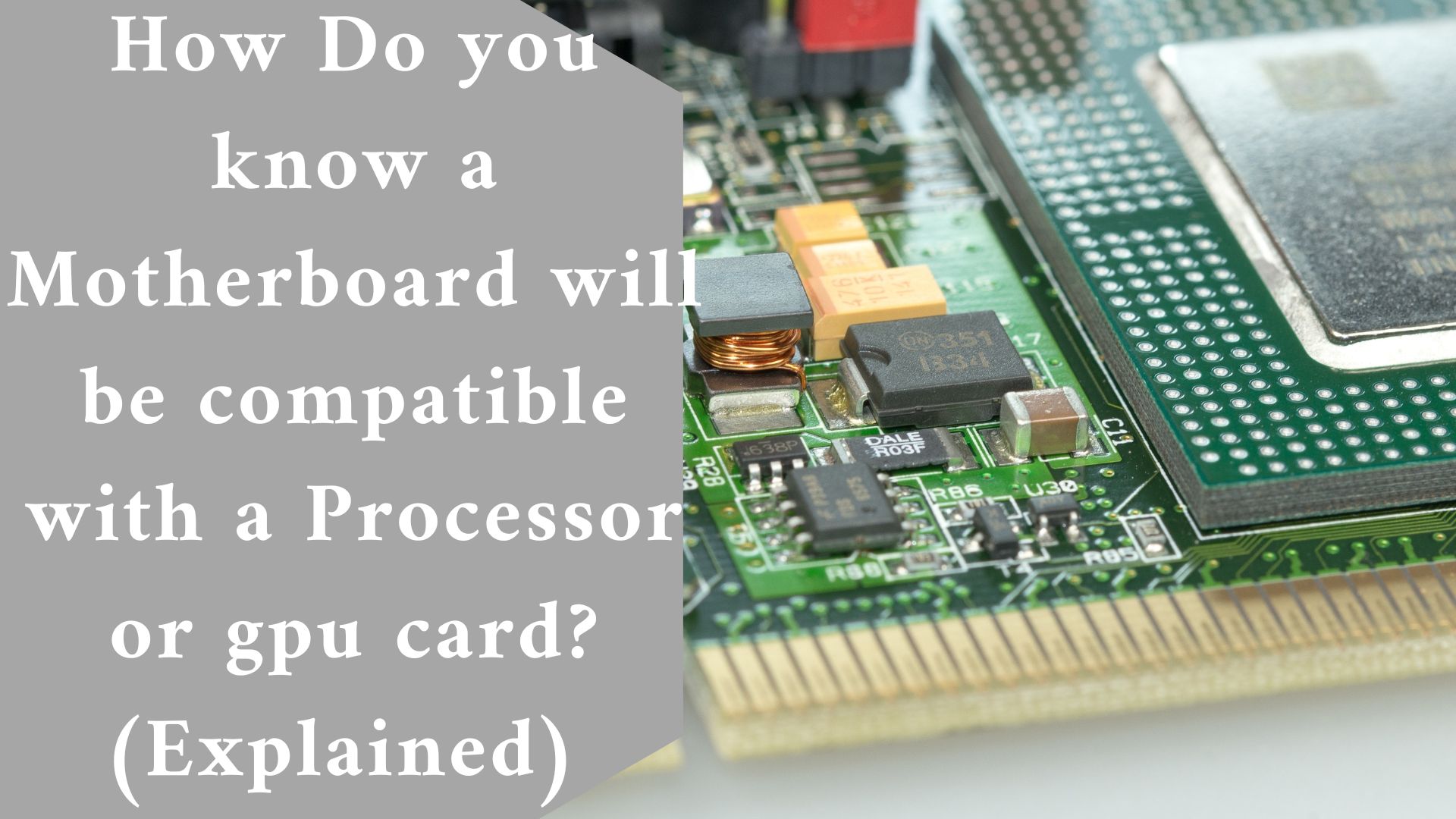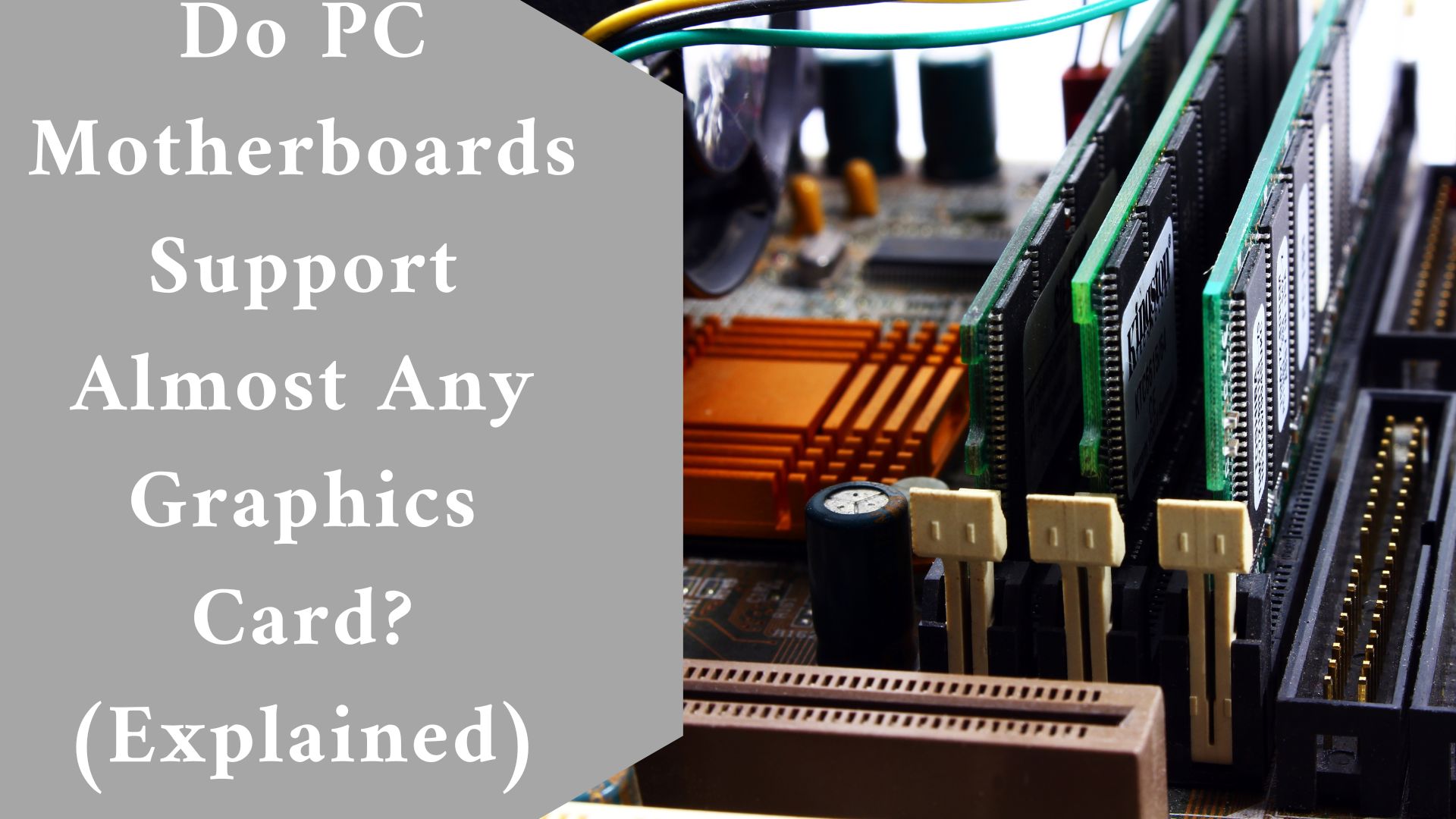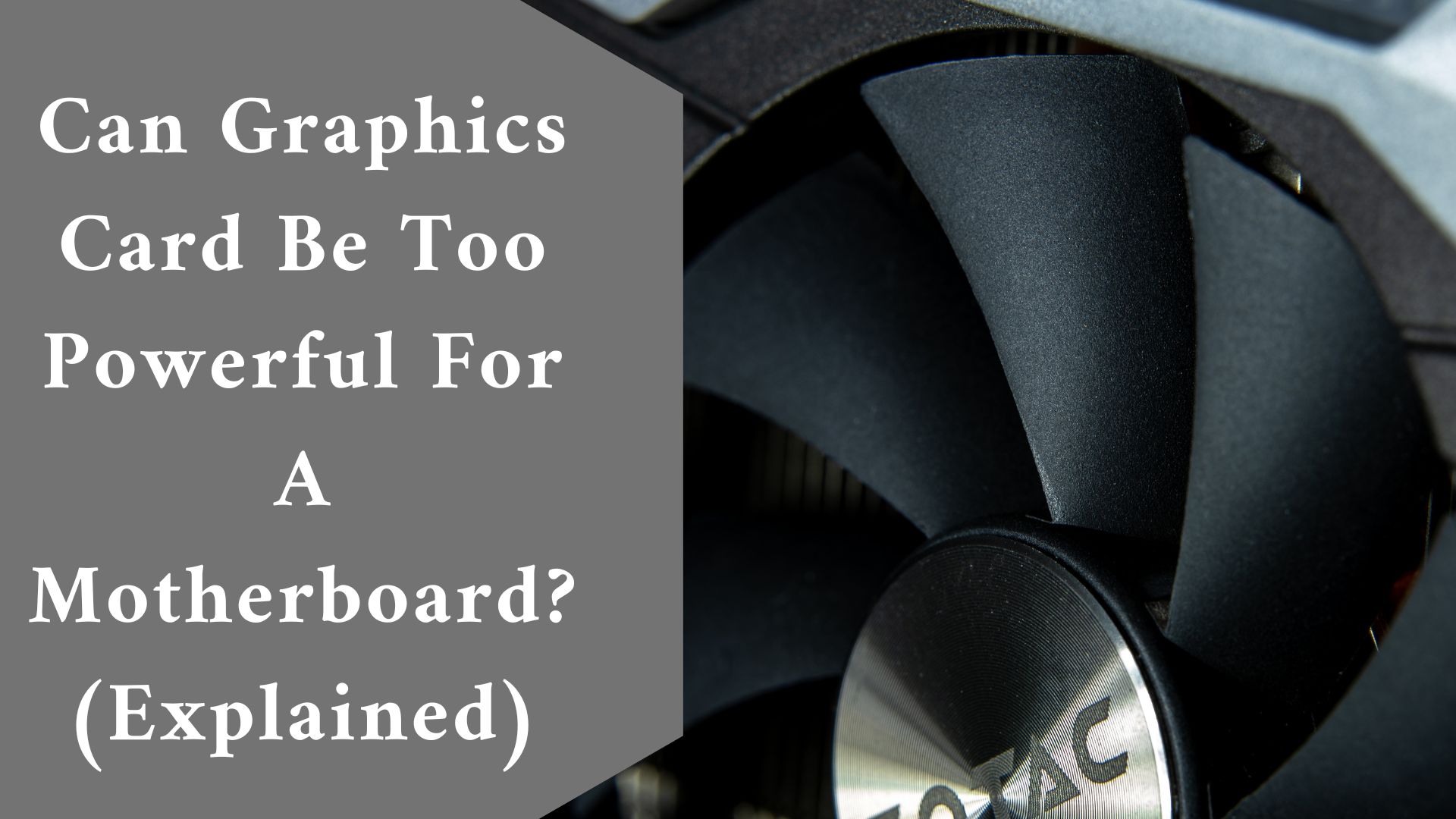Does a Motherboard Limit Maximal RAM? (Explained)
Your motherboard can theoretically support an infinite quantity of RAM. In practice, the amount of RAM your motherboard can support is limited. Your motherboard can support 16 GB of RAM if it was manufactured after 2007. Amount Of RAM Motherboard Can Handle Random Access Memory (RAM) is the short-term memory of a computer. It is … Read more

